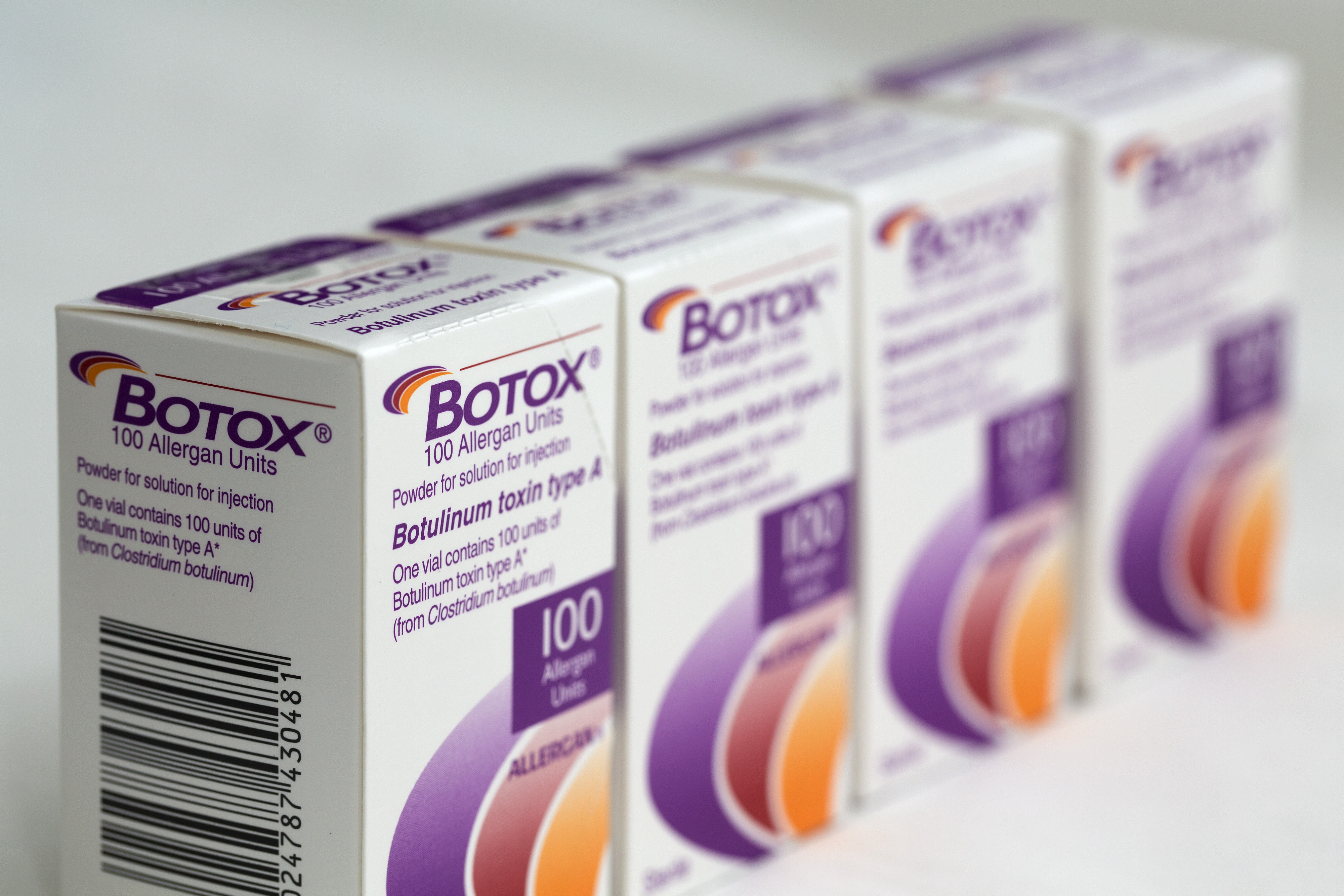With the weather warming up, we are shedding our layers and exposing more skin, so we’re going to be bitten by bugs. While that's certainly annoying for all, insect stings and bites can be dangerous for some. However, most of us won’t suffer serious reactions.
“Everyone reacts to some degree to insect stings, but less than 5 percent of the population is truly allergic,” said Dr. Jackie Eghrari-Sabet, of Family Allergy and Asthma Care in Gaithersburg, Md.
If you’re in that 5 percent, you need to know about the three most serious reactions:
- Anaphylaxis is a severe allergic response, a medical emergency that may be fatal without proper medical treatment. Symptoms include itching, hives, swelling of the throat or tongue, difficulty breathing, dizziness, cramps, nausea or diarrhea. The most severe cases can lead to rapidly falling blood pressure, shock and loss of consciousness.
- Toxic reaction can happen after just one sting, but usually happens after many stings from insects that aren’t normally considered poisonous. You see that with bees and spiders and the symptoms are similar to those of an allergic reaction, plus fever, swelling and possibly seizures.
- Serum sickness is an usual reaction with symptoms that show up hours or days after the sting or bite. It can also cause joint pain and other flu-like symptoms.
“If you have one of these serious reactions, you’ll need your EpiPen (for anaphylasis), you’ll need to go to the ER, and eventually you should see an allergist who can give you allergy treatments that will save your life,” said Dr. Jackie. In this case, “future stings could be much worse,” she said.
So how do you avoid being bitten or stung altogether? “Don’t act like a flower,” advised Dr. Jackie. “Stay away from bright, showy colors, sweet-smelling perfumes, wear shoes (since many nests are in the ground), use repellant and for heaven's sakes, don’t swat the bees. It makes them aggressive and then they’ll sting.”
Most bites and stings will heal on their own without a trip to the doctor. If you do get stung or bitten, apply an ice pack for 15 to 20 minutes once an hour for the first six hours. Elevate the area of the bite or sting to reduce swelling. Try a non-prescription medication to relieve discomfort, such as oral antihistamines, anesthetic sprays, hydrocortisone cream or calamine lotion, or NSAIDS (ibuprophen or Tylenol) for pain, but don't give these to young children without consulting a doctor.
If per chance you’ve been stung by a bee, take the stinger out.
“As long as it’s in your skin, it’s pumping venom through your blood stream,” said Dr. Jackie.
In addition, don't scratch a bite until it gets infected, and don't break any blisters that develop. If streaks or redness, pus or discharge develop, get to a doctor.



